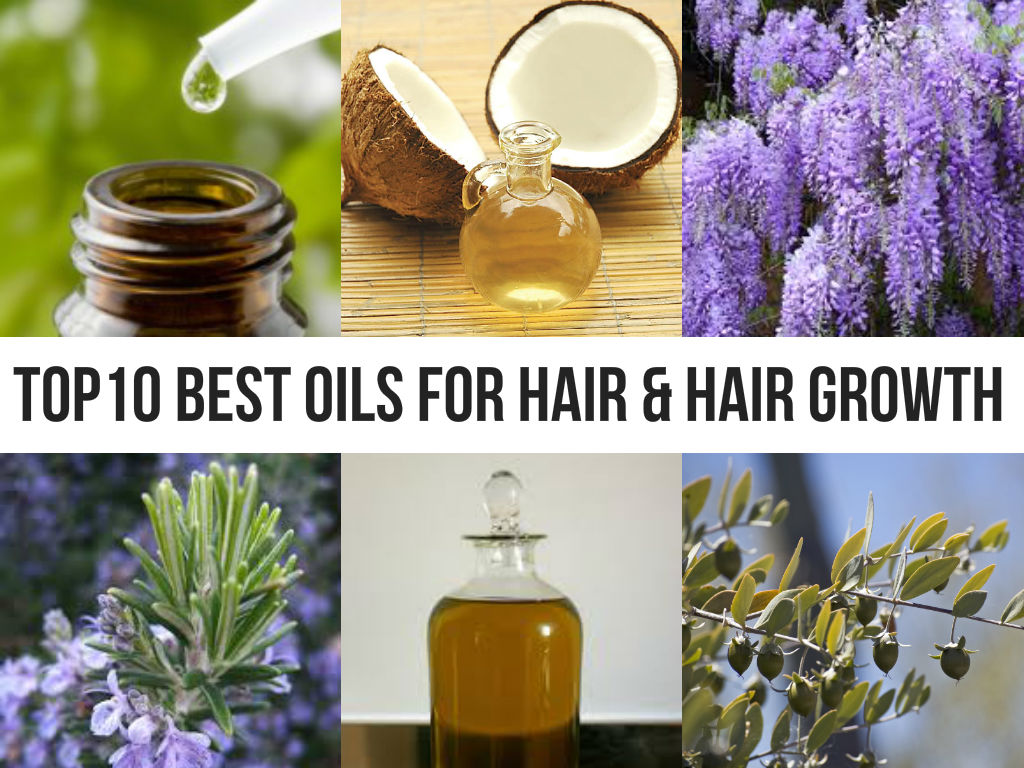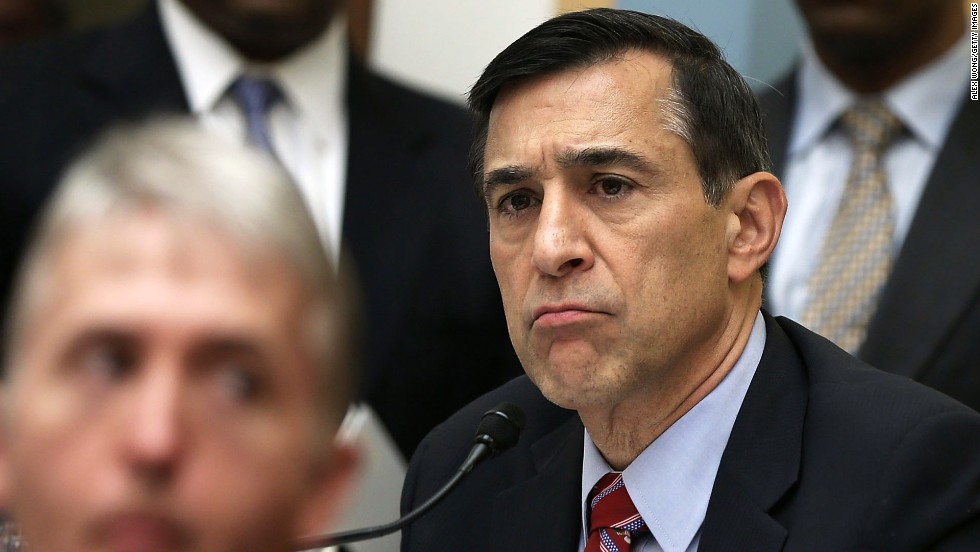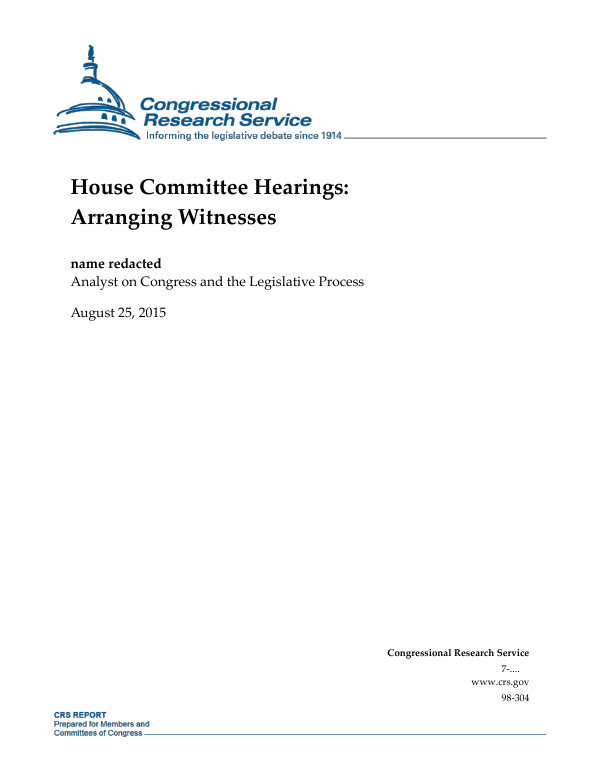Table Of Content

You can mix one or more types in a shampoo or conditioner. For centuries, people have used oils for various medicinal and cosmetic purposes. Now, you can find them in many shampoos, serums, and other hair care products. You can also use them to make your own hair care treatments. Rosemary has been used by many to promote hair growth successfully.
Lavender Oil Benefits: How It Works and How to Use It - Verywell Mind
Lavender Oil Benefits: How It Works and How to Use It.
Posted: Mon, 20 Nov 2023 08:00:00 GMT [source]
Recipes – How to Use Essential Oils for Hair Growth and Thickness
This is because those hair types have a high porosity, which means they quickly absorb and lose water, often leaving them feeling dry and frizzy. As we age, hair loss and thinning is an often inevitable struggle. For mature beauties over 40, it can feel daunting to enter the world of scalp and hair oils and find the right products that work for your hair type. Besides having many therapeutic benefits, ylang-ylang hair oil is well used as a natural hair growth treatment.
Essential Oils for Dry + Itchy Scalps
Effective for thinning hair and various kinds of alopecia, Cedarwood is another oil to add in the mix for promoting hair growth. The added benefit is that essential oils are so versatile! As you’ll discover in this article, the same essential oils for hair growth and thickness can be used to promote focus, increase energy and even improve your memory. Whether you just want a long, gorgeous mane of hair, you’re dealing bald spots or you just want your hair to be healthy this article will start you off in the right direction.
How to Use Oils for Hair
After 6 months, the caffeine remedy was found to be as effective at minoxidil. In addition, caffeine didn’t have side effects such as itchy scalp (which is common with minoxidil). For example, a 2014 study showed that caffeine elongates the hair shaft and prolongs the anagen (active) phase of hair growth. In addition, the same study revealed that female hair follicles actually respond more to caffeine’s growth-promoting effects (compared to male hair follicles).
Try any of these treatments one to two times per week to start out. Use them more often when desired or you’ve become comfortable using them. Results showed that rosemary essential oil was just as effective as minoxidil. During the process, it helped the side effect of itchy scalp more successfully than minoxidil.

Welcome to Hello Glow, where you'll learn all about making clean beauty products with herbal ingredients and essential oils. Read on for our best tips, techniques, and recipes for natural beauty. “Irritation of the scalp is possible if the concentration is too high,” Dr. Kingsley emphasizes. According to Dr. Lamm, common adverse effects include contact dermatitis, heightened skin sensitivity to sunlight, and various other dermal reactions.
Cedarwood can be applied topically to the scalp and hair. It mixes well with gentle oils like lavender and carrier oils like coconut oil. Lavender oil has antimicrobial properties, and it can be used to combat bacterial and fungal disorders. Some other lavender oil benefits are its ability to soothe the scalp and treat dry skin and hair.
Is Rosemary Oil Really the Answer to Male Hair Loss? - Esquire UK
Is Rosemary Oil Really the Answer to Male Hair Loss?.
Posted: Mon, 31 Jul 2023 07:00:00 GMT [source]
Rosemary oil in particular is known to potentially promote hair growth and improve scalp and hair health, says James. “Rosemary oil’s anti-inflammatory properties may help reduce scalp inflammation, which can contribute to hair loss,” she explains. Plus, it also “contains antioxidants that protect the scalp and hair follicles from damage caused by free radicals, ”which could potentially promote hair growth, she says. You’ll need to mix the essential oils for hair growth with a carrier oil for it to be effective. They will also prevent your skin from overexposure to the strong oils. If you’ve noticed a decrease in the thickness of your hair, you might benefit from using essential oils.
Due to its versatility, this should come as no surprise! It helps support scalp health with its soothing and regenerating properties and is frequently used for irritation, dandruff, and lice. All of these are important to make sure and deal with when you’re trying to promote hair growth. Anyone on a hair growth journey has heard plenty about the powers of castor oil. Board-certified trichologist Dr. David H. Kingsley tells ELLE.com that studies have shown that castor oil may help prevent hair loss by inhibiting a certain natural body chemical called prostaglandin D2.

This is just another reason to have a holistic approach with all of this and get to the root cause (which isn’t the hair, it’s the hormones). With so much pressure on our appearance in American culture from celebrities to perfect Pinterest photos it’s no wonder that so much focus is placed on looks. But this post isn’t about the moral hazard of focusing too much on outward appearance. A review on plant importance, biotechnological aspects, and cultivation challenges of jojoba plant.
When it comes to using essential oils for hair, there are plenty of beneficial choices. “In addition to biotin, this hair oil contains castor oil and rosemary oil to hydrate and fortify hair,” says Dr. Camp. Not to mention, it also contains caffeine, which encourages growth by stimulating blood flow to your scalp and hair follicles. Reviewers especially love that the formula is lightweight, is highly absorbent, and doesn’t leave hair feeling greasy. When applying essential oils topically, you need carrier oil to go along with your pure essential oil. This helps dilute the hot essential oil to prevent irritation to your skin.
This can help your hair look smoother and shinier and prevent it from breaking. Like coconut oil, olive oil is able to penetrate deep into hair’s fibers. In fact, the abundance of monounsaturated fats found in olive oil may play a key role in its conditioning properties. Touted for all hair types, coconut oil is widely favored for its moisture-boosting properties. As a general rule, leave-in treatments are better suited to those with thick or dry/damaged hair, while a pre-shampoo treatment may be more helpful to those with fine hair. Uzima’s Ukuaji Blooming Serum comes in a “lightweight” formula that “hydrates the scalp, fortifies the scalp barrier, and reduces itchiness,” says James.


















